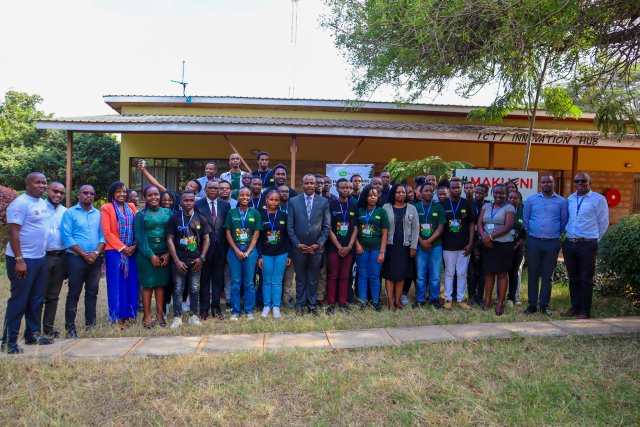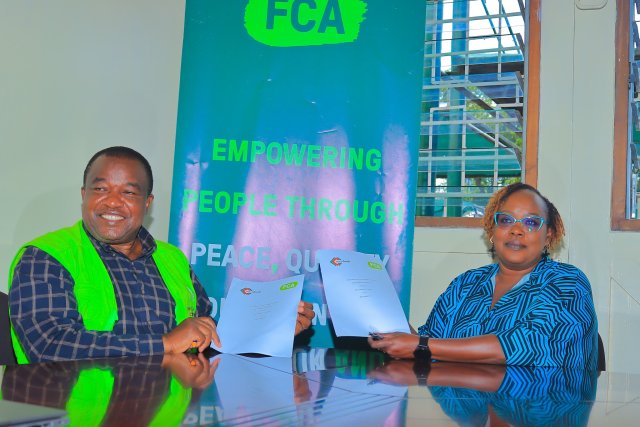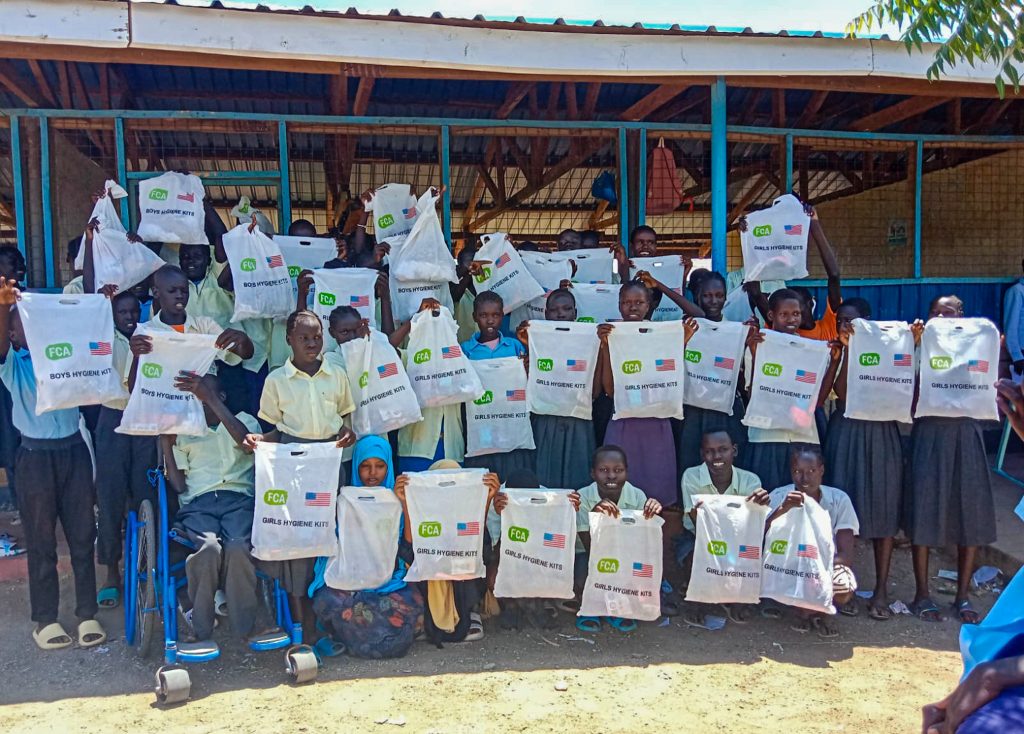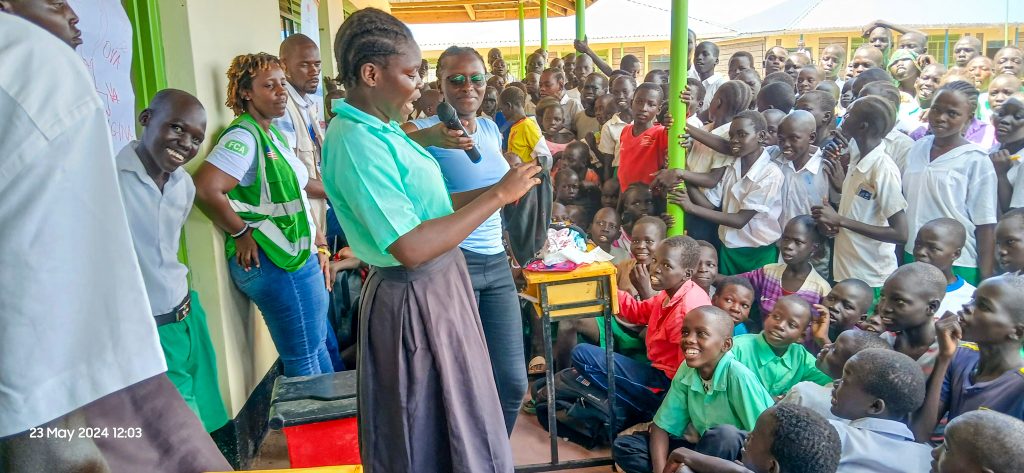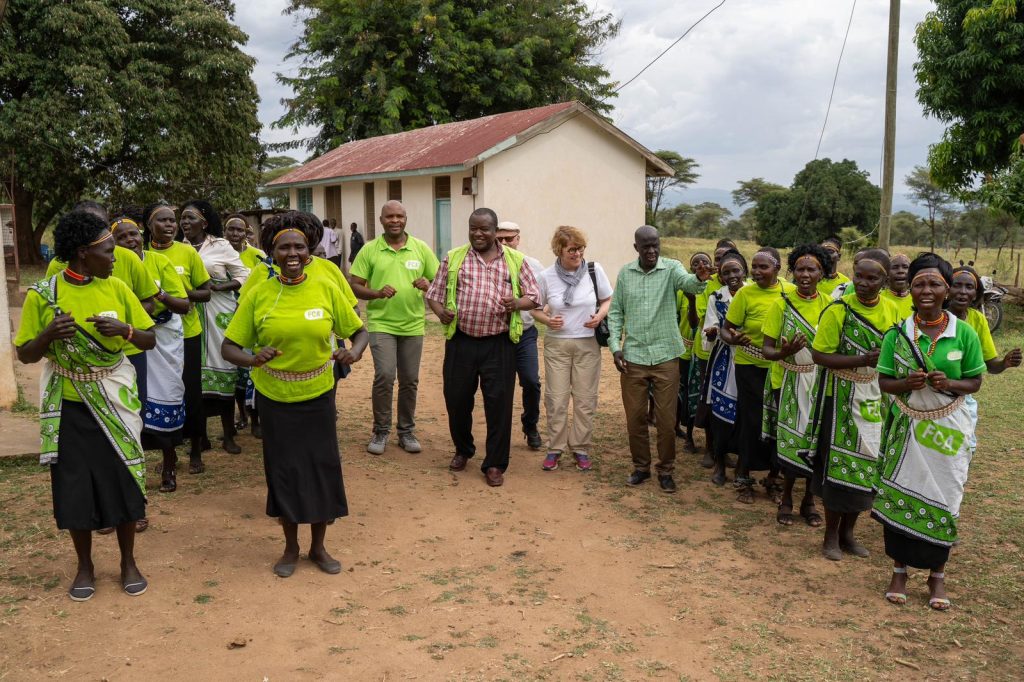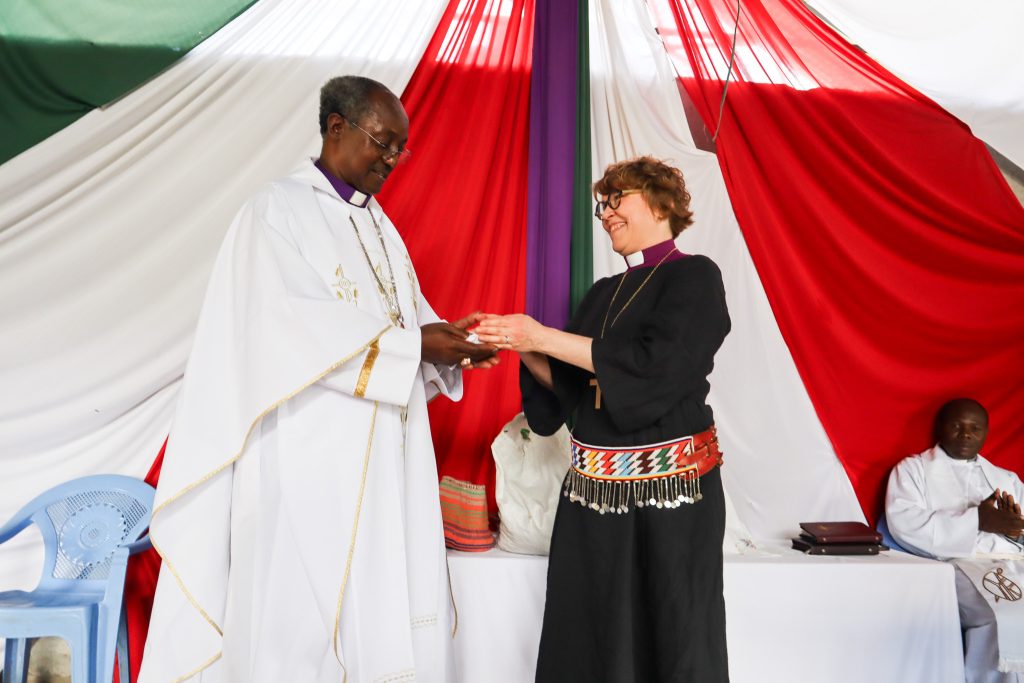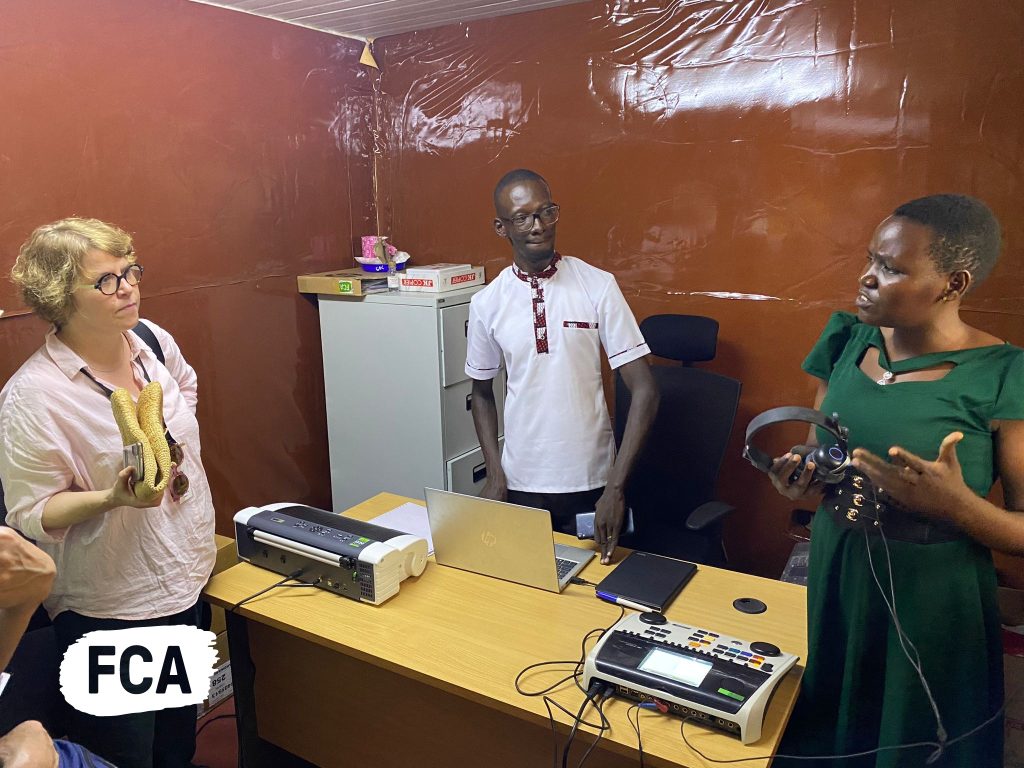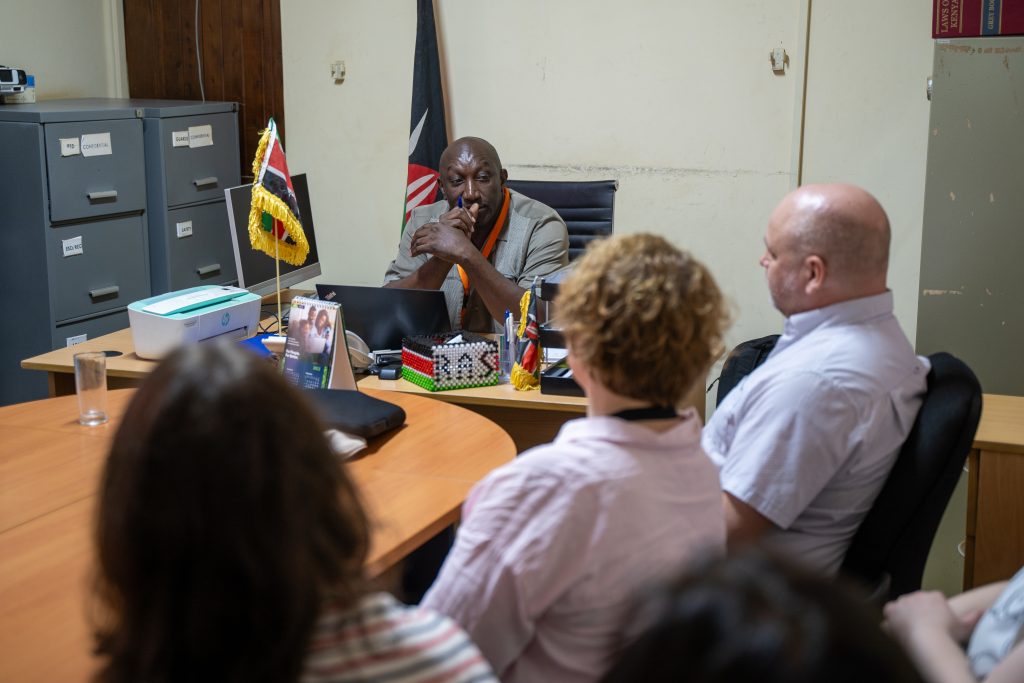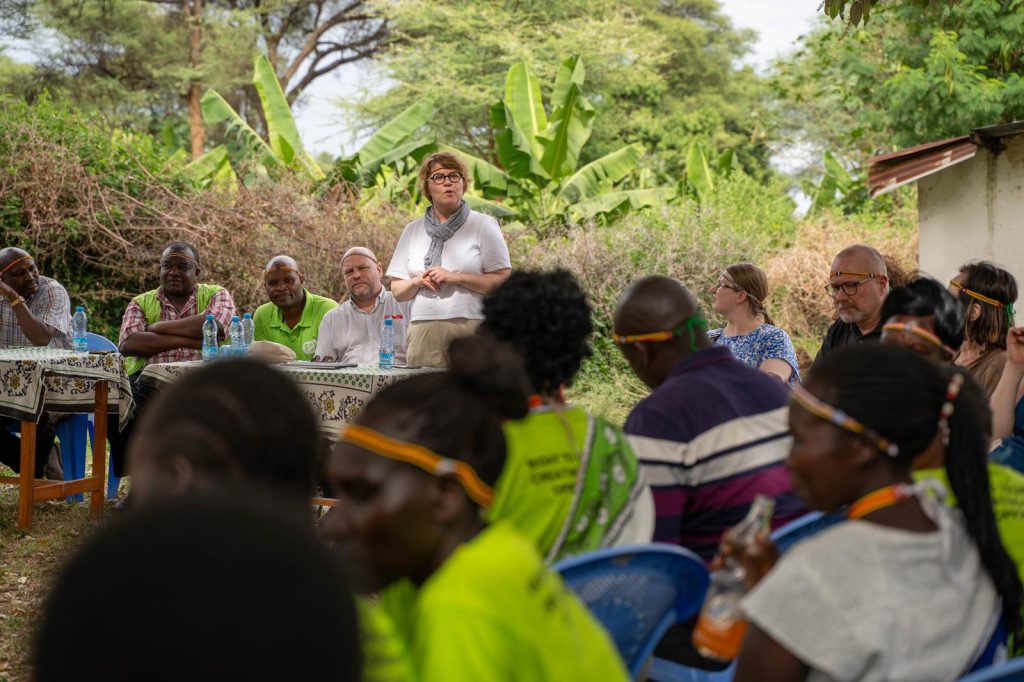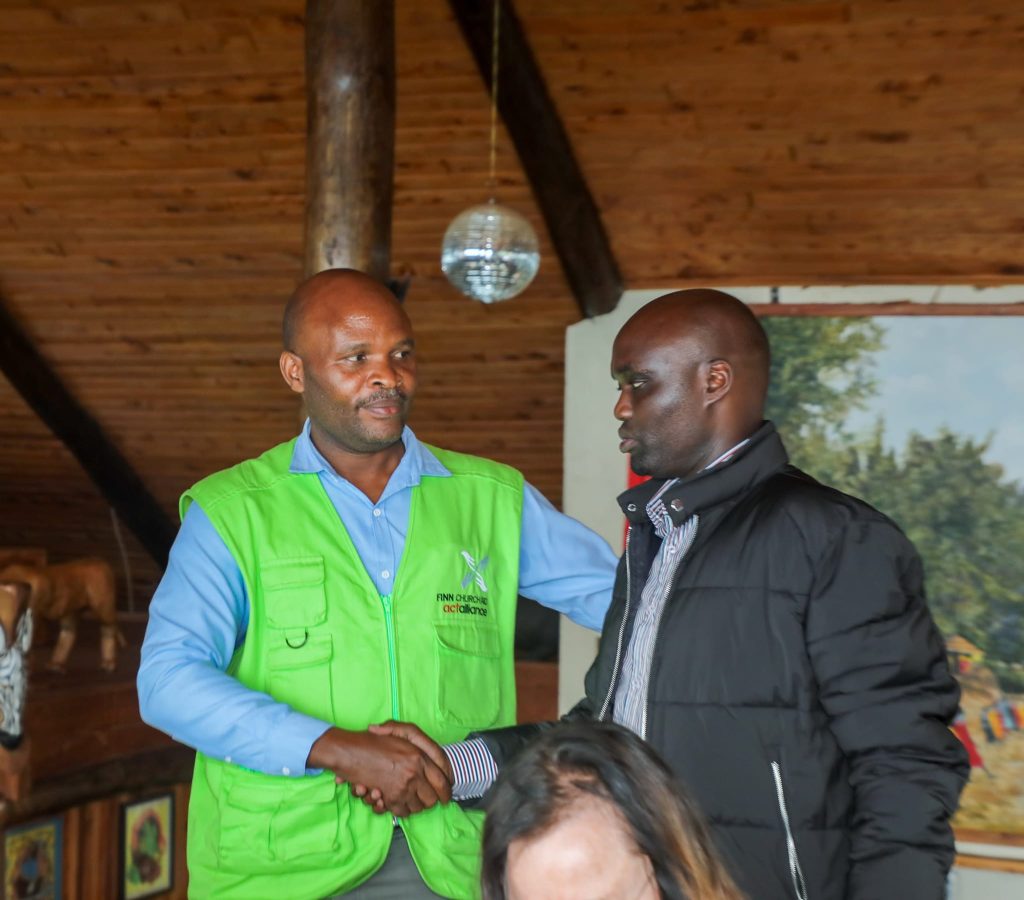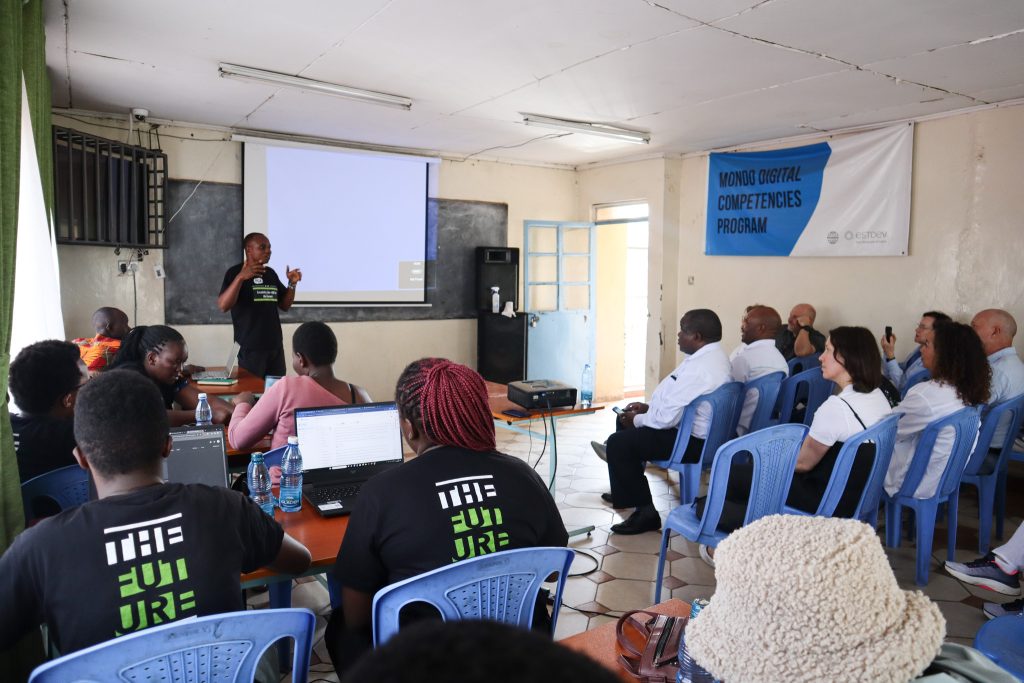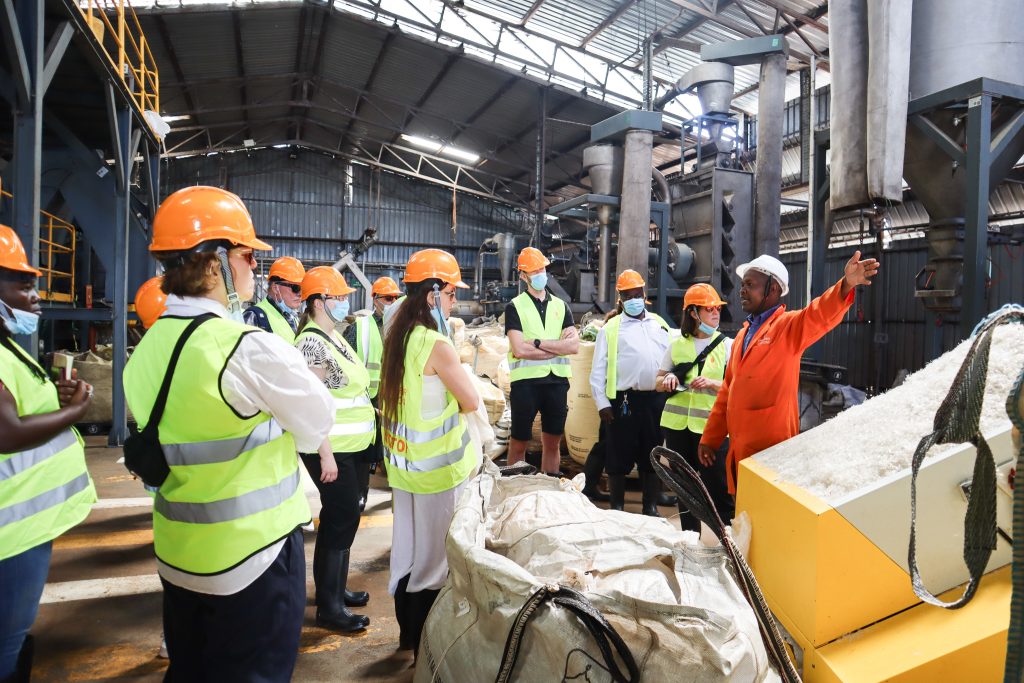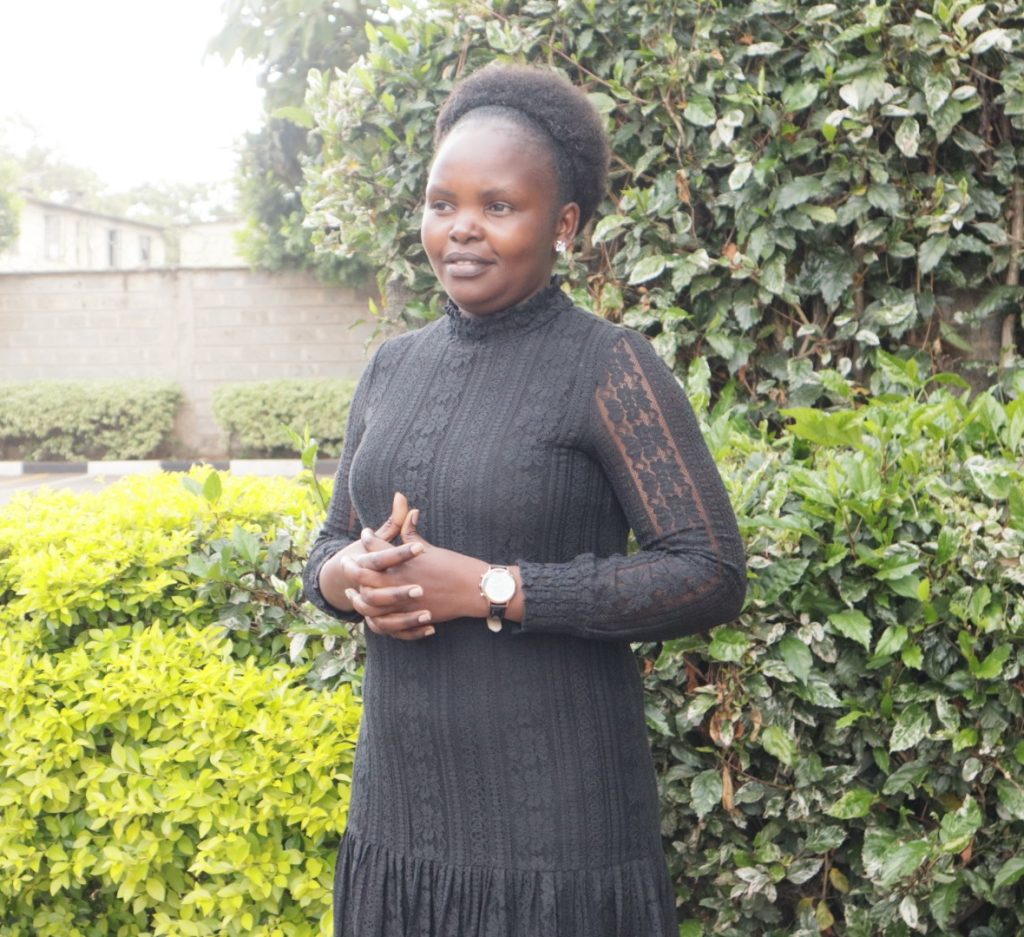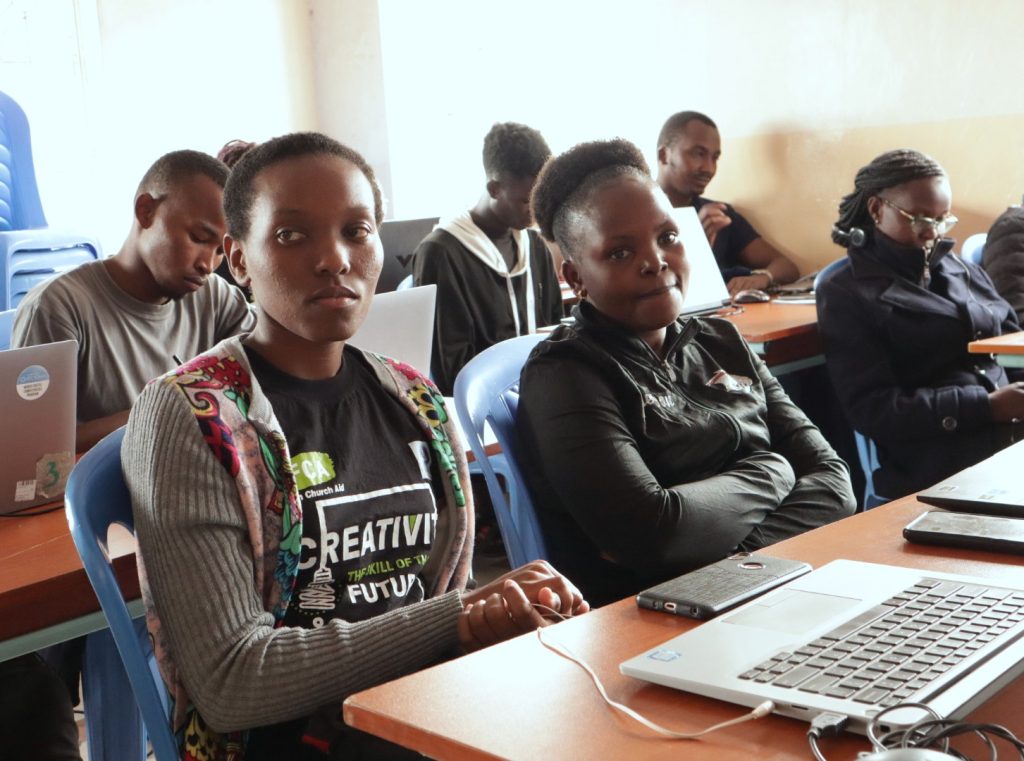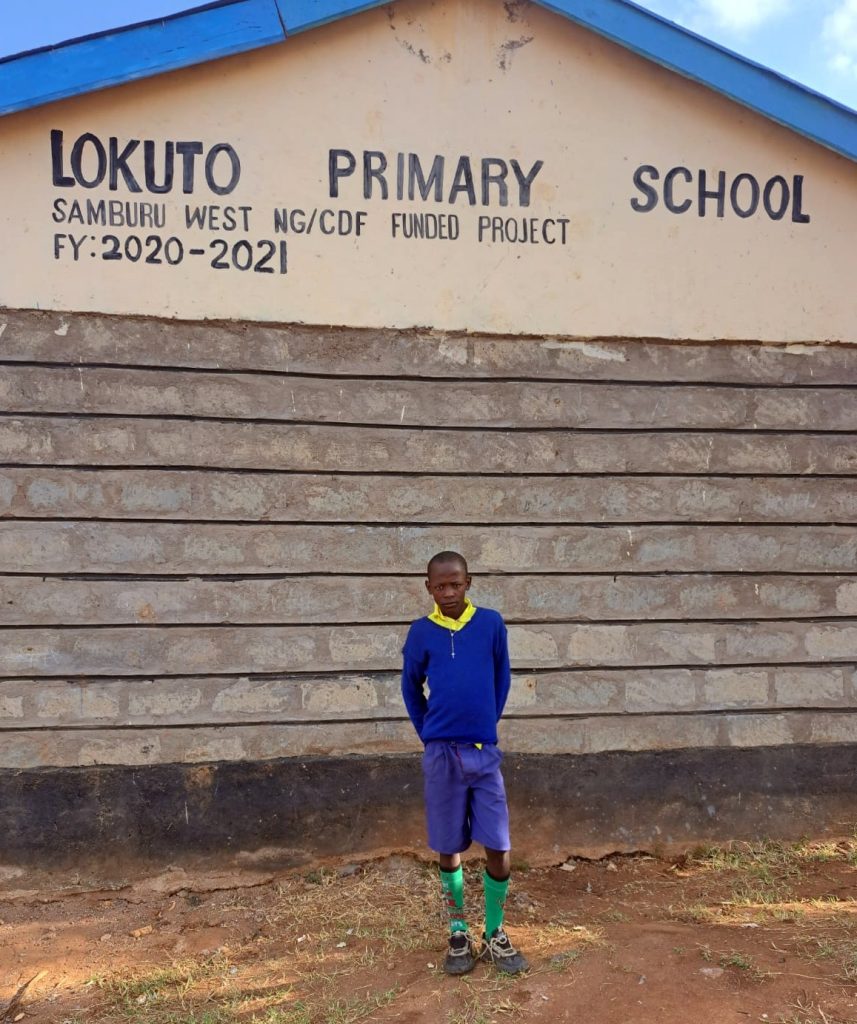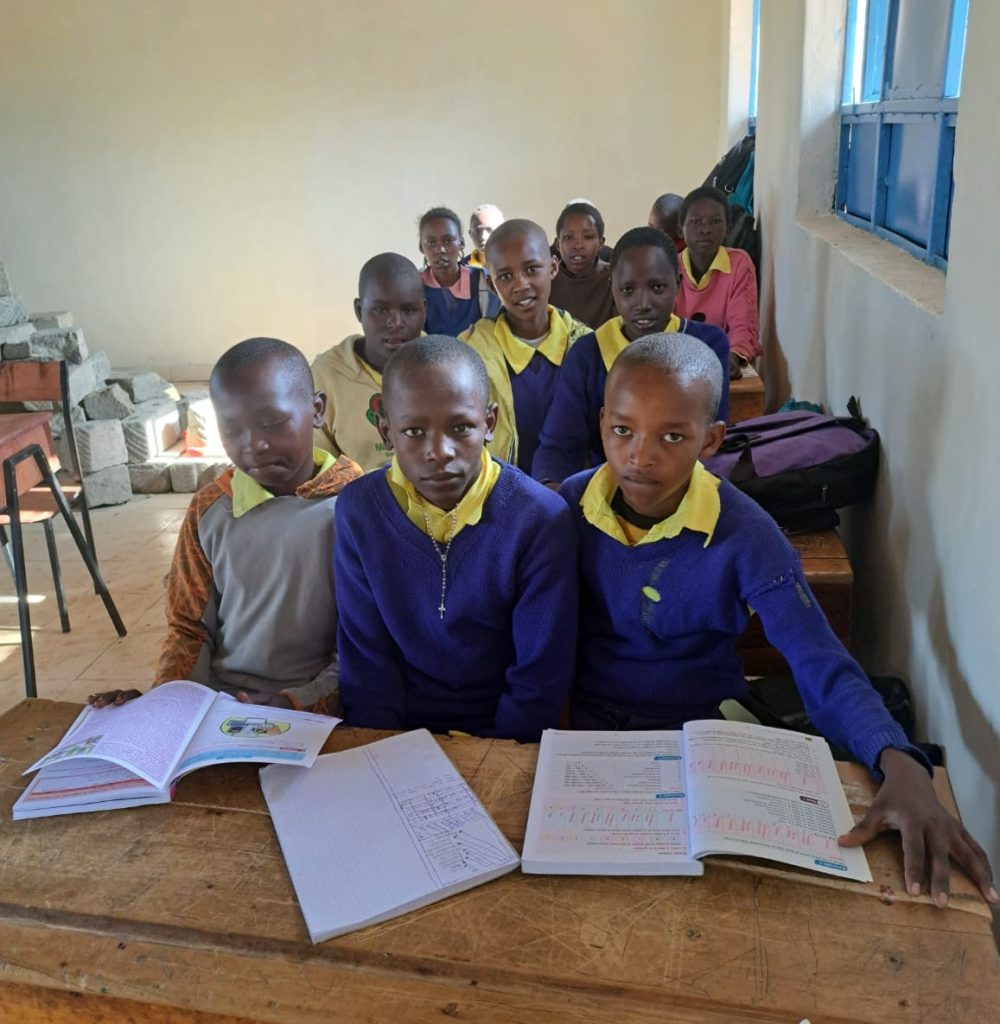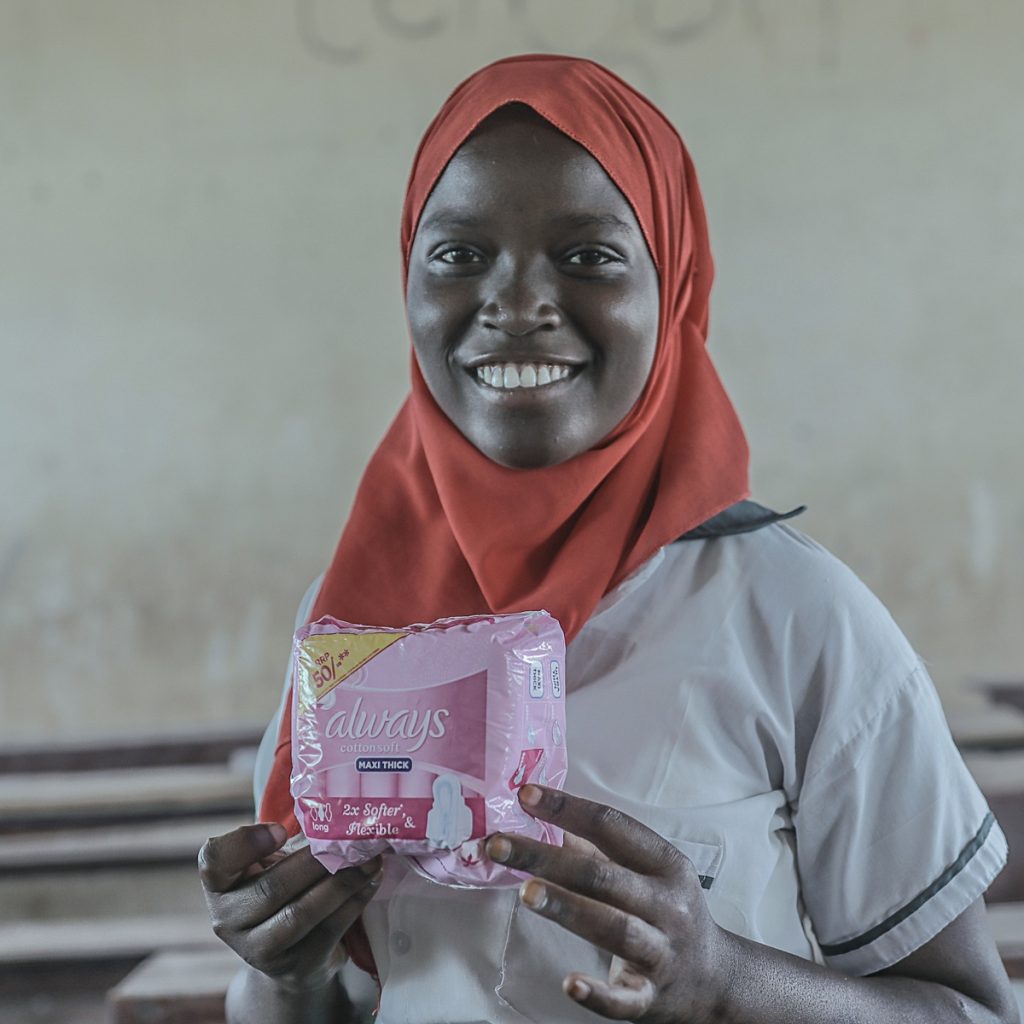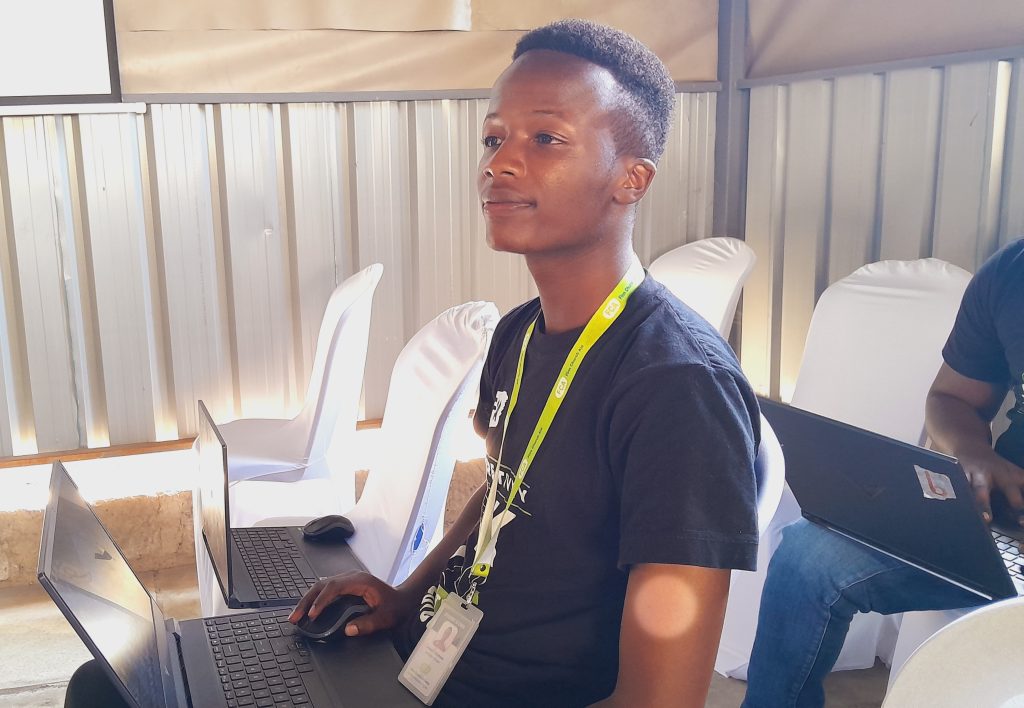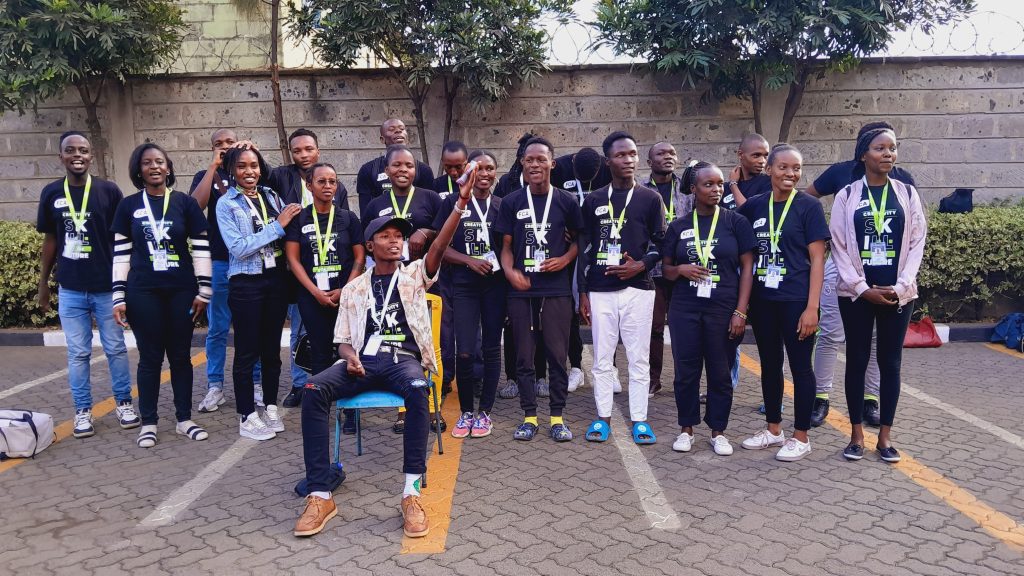Enhancing Inclusive Education in Kalobeyei Settlement
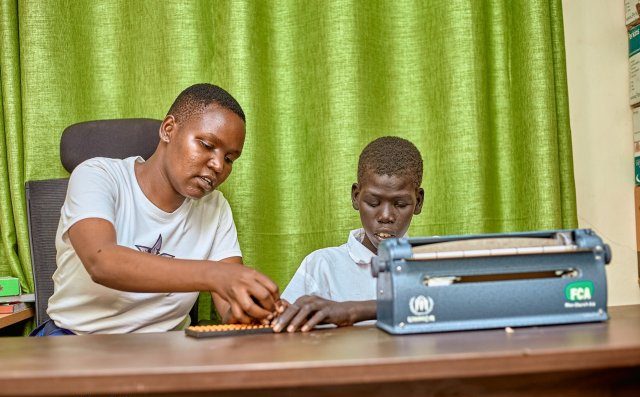
In the Kalobeyei Refugee Settlement, children with disabilities have historically faced significant challenges in accessing quality education. Limited resources, a lack of specialised training for educators, and insufficient awareness about the needs of these children have contributed to low enrolment and high dropout rates among learners with special needs. Recognizing this critical issue, FCA Kenya, through the support of BPRM under the RISE III Project, launched an initiative to enhance access to inclusive, quality primary education for both refugee and host community children.
Valentine Moige, a special needs teacher at Joy Primary School, shares her experience: “I’m a teacher in inclusive education. Here, we meet different types of disabilities, and as a teacher, it is my responsibility to handle them all.” Valentine works tirelessly to ensure that all children, regardless of their disabilities, receive quality education.
Joy Primary School is an integrated, inclusive school where children with disabilities learn alongside their peers. Valentine, who serves as the focal teacher for the junior school, ensures that every learner receives the attention and support they need.
Steven Both, a 13-year-old student at Joy Primary School, is one of the many children benefiting from the inclusive education program. “I study here at Joy Primary School. I’m in grade 4B. Madam Valentine teaches me how to use Braille,” he shares.
Valentine explains the process of teaching Braille: “When you’re the teacher for special needs, we have what we call the individualised educational program (IEP). Each learner has their own way of learning.” For instance, Steven started with learning the alphabet in Braille. Over time, he has become proficient in using Braille to read and write, demonstrating the effectiveness of personalised teaching methods.
Speaking to FCA Kenya’s Education Officer Catherine Angwenyi, she noted that through targeted interventions and community awareness campaigns, the project has made remarkable progress. Kalobeyei Settlement and host schools have seen the enrolment of children with special and specific needs rise from 129 in 2020 to approximately 800 learners in 2024.
She added, “We have managed to support children with disabilities. Currently, we have over 800 children with disabilities accessing our schools. We have experts who have assessed the learners and recommended relevant assistive devices. This assistance helps retain learners and ensures they benefit from the educational activities and teachings provided in our schools.”
With support from the Bureau of Population, Refugees, and Migration (BPRM), FCA Kenya will continue to promote inclusive education in Kalobeyei and support teachers like Valentine Moige. The future looks bright for children with special and specific needs in the region.
Watch the video here to learn more : Learning Beyond Limits:Steven’s Braille Lessons with Teacher Valentine
Related stories: Providing quality education to refugees in Kenya
Text: Daisy Obare/FCA
